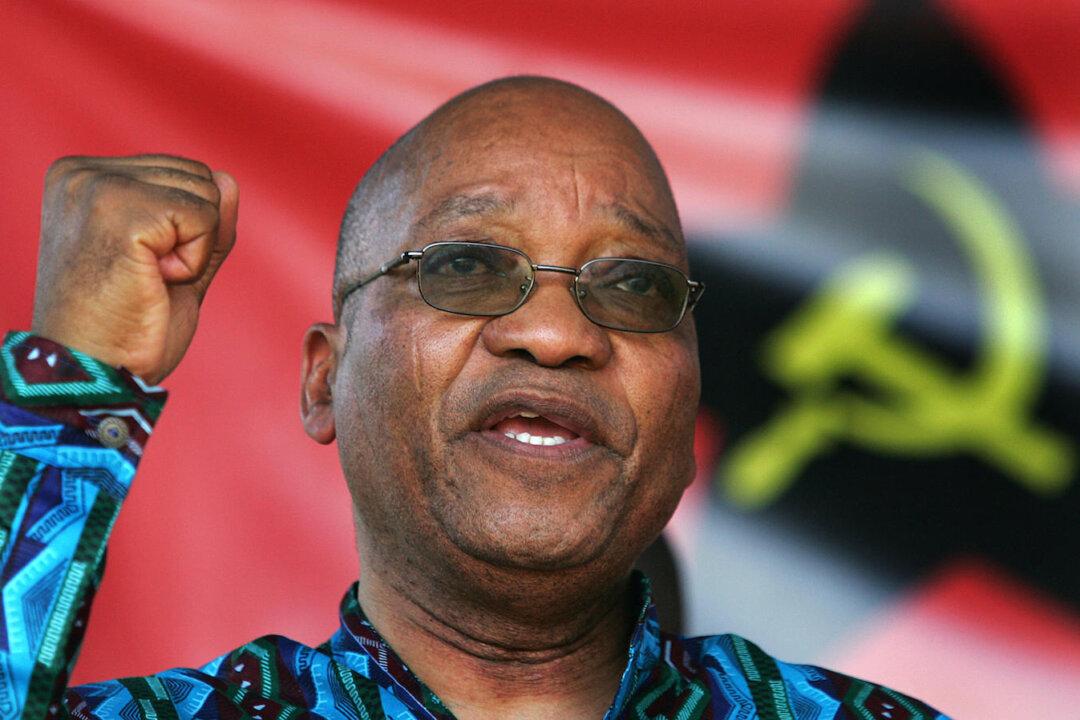JOHANNESBURG—Two individuals who were allegedly part of what’s been described as the largest, most destructive fraud in African history are facing extradition from the United States and United Kingdom, where they’ve been sheltering.
Nomalanga Moroadi Selina Cholota, 44, a member of South Africa’s major governing party, the African National Congress (ANC), has been charged with several crimes related to tender corruption estimated at R255 million ($14.2 million) allegedly committed in Free State province in 2014.





